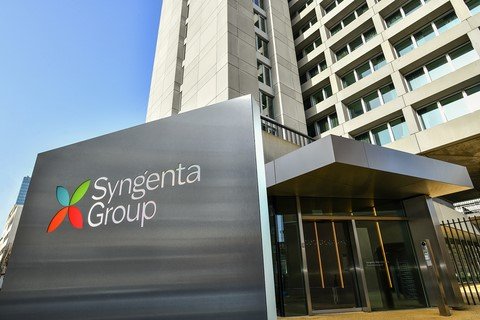The data shared by the expert panellists will help trade partners to make an informed decision on planning their business activities
India Pulses and Grains Association (IPGA)will be hosting a webinar to present an overview on the Kharif sowing scenario under the aegis of ‘The IPGA Knowledge Series’ on August 27, 2021.
The webinar to be held at 5 pm will provide a comprehensive overview of the sowing scenario from the perspectives of government, trade, price, and policy. The speakers will cover a wide range of topics, including policy, carry-forward stocks, price forecasts, expected production, and monsoon progression.
The webinar will be moderated by Manisha Gupta, Editor – Commodities & Currencies for CNBC-TV18 and will have panellists Dr SK Malhotra, Agriculture Commissioner, Ministry of Agriculture and Farmers Welfare; Dr DS Pai, Head – Climate Research and Services, India Meteorological Dept; Nirav Desai, Director – GGN Research; B Krishnamurthy, MD, 4P International, Nitin Kalantry, CEO, Kalantry Food Products and Punit Bachhawat, MD, Prakash Agro Mills.
Dr Malhotra will present the Ministry’s overview on kharif sowing and the expected production of pulses. Desai will present an overview of the trade’s perspective about Kharif sowing and the expected production of pulses.
Dr Pai will give an overview of the performance of monsoons so far and what the near future holds in terms of weather conditions. On the trade front, an overview of the market scenario for tur, urad and Moong individually, will be presented by domain experts of each pulse.
Krishnamurthy will speak about the prospects of the forthcoming urad crop in terms of carry-forward stocks, quantities imported last year, sowing and acreage and expected production this year. Kalantry will speak about the prospects of the forthcoming tur crop in terms of carry-forward stocks, quantities imported last year, sowing and acreage and expected production this year. Bachhawat will speak about the prospects of the forthcoming moong crop in terms of carry-forward stocks, quantities imported last year, sowing and acreage and expected production this year.
Jitu Bheda, Chairman, IPGA said, “I am sure, we all agree, that this year has been rather eventful for the pulses sector with policy changes and stock limits being imposed, COVID-19 pandemic affecting container availability as well as increasing ocean freights. Then, though the monsoons started off at a good pace, in the third week of June, it halted in their progress across central India, resulting in a three-week delay in rainfall during a crucial sowing season. With the monsoon picking up pace again and covering the whole country, kharif crop sowing is also showing signs of recovery.”
Bimal Kothari, Vice Chairman, IPGA said, “With this webinar, it is our aim to place all possible data before the stakeholders. The domain experts for each individual pulse presenting their perspective on carry-forward stocks, price outlook, expected production, anticipated imports, etc. will also be critical for stakeholders. We believe that all the data shared by the expert panellists will help trade partners to make an informed decision on planning their business activities.”
The data shared by the expert panellists














